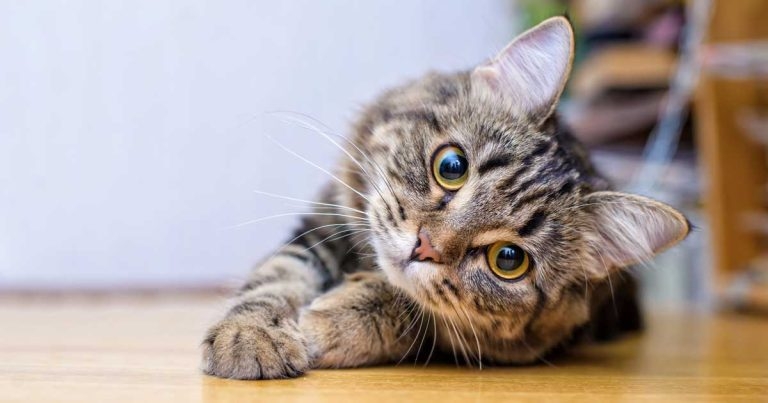25 Oct 2022
Peter Shergold, Cats Protection’s head of field operations, concerned by rapid increase in number of owners buying cats online and fewer adopting from rescues.

Image © Elvira / Adobe Stock
A senior charity official has urged the sector to do more to encourage would-be owners to adopt, rather than buy, a new pet.
The call comes after a new Cats Protection report revealed a surge in the number of animals being bought online, while the proportion of felids being adopted fell sharply.
The Cats and Their Stats study found the level of owners who acquired their cats online rose from 26% at least five years ago to 38% within the past year.
Meanwhile, the proportion of adopters dropped from 27% to just 19% over the same timescale.
Among the overall UK cat population, 29% were estimated to have been purchased – up one point on last year – with 24% adopted, down by 1%.
Peter Shergold, Cats Protection’s head of field operations, described the trend as “worrying”, though he argued steps can be taken to help reverse it.
He said: “There is a clear necessity for rehoming charities to adapt their adoption process to encourage consumers to adopt instead of shopping for cats online.
“The welfare of the cat is the most important thing, so we need to find ways to meet this need for convenience while protecting the cat.
“One way to do this could be direct homing where cats would be homed straight from the person giving up the cat to the adopter, with Cats Protection facilitating the process.”
The report reveals the fastest growing platform for owners to buy their cats is Facebook, with the overall proportion purchasing via the social networking site climbing from 16% last year to 24% now.
But among owners who purchased their cats within the past 12 months, the volume of Facebook buyers shot up to 38% from 22% in 2021.
The report said Facebook had taken action to remove adverts that broke its rules, and to remind users of its rules, in response to the launch of Cats Protection’s Big Kitten Con campaign.
Popular reasons for purchasing rather than adopting included the desire for a specific cat or breed, or the wish to buy a kitten.
But the charity believes more still needs to be done to protect both cats and potential purchasers online.
Mr Shergold urged would-be purchasers to use Cats Protection’s Kitten Checklist, which is available on its website, to make sure their feline purchase is happy and healthy.
He added: “Of course, there are many responsible sellers out there, but there are also unscrupulous ones who hide behind the anonymity of the internet to sell kittens that are far too young to have been taken from their mothers, or that are in poor health.”
The report’s findings come at a particularly critical time for the charity sector, with rising prices elsewhere tightening the pressure on pet owners.
In recent months, a number of leading charities have warned of an impending welfare crisis as more owners are forced to give up their pets because they can no longer afford to look after them.
The Cats Protection report, based on a survey of nearly 3,500 households and interviews with more than 10,000 cat owners, found that 30% of respondents reported serious concerns about being able to afford their living costs in the next 12 months.
Some (5%) said they had already reduced spending on their pet, while 4% said they had used a food bank or charity to help them feed their pets in the past year.
One potential sign of encouragement is that nearly a quarter (24%) of participants who ended up buying cats did consult a rescue, charity or adoption website before doing so, while 13% visited a centre in person.
Meanwhile, 57% of adopters said they had chosen to adopt because they wanted to support a cat charity.
But the charity fears that many more could be lost from that group because online purchasing is more suitable to their needs.
The report said: “This necessitates rehoming charities to look at ways to better streamline and then promote the adoption process, in a way that will affect a shift in consumer behaviour towards adoption while still ensuring the welfare of the cat.”
Mr Shergold added: “Cats Protection is keen to ensure that the adoption process and matching the right cat with the right owner is as easy as possible, but also flexible for the different needs of those who wish to adopt cats.
“We still have face-to-face appointments at our centres, and have already established our online hands-free homing process, but are looking to other methods as we create new ways of working post-pandemic.”